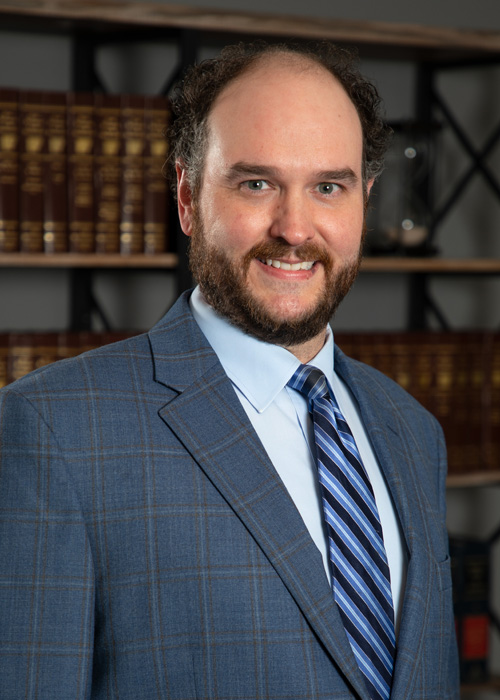Our Services Cover
We provide services and instructions, that if followed correctly, will save your family’s hard-earned assets
- Application for Medicaid Benefits
- Protect Life Savings
- Miller Income Trust
- Power of Attorneys
- Beneficiary Deeds
Some people turn to life savings to pay for Long-Term Care. It’s disheartening, though, to see savings accumulated from a lifetime of hard work dwindle to nothing. With Nursing Homes in Arkansas costing roughly $112,000 per year, it may not take long to completely deplete that nest egg.
A lucky few have Long-Term Care insurance or VA service-connected benefits. However, some people stay in Long-Term care for years, and insurance benefits may have a cap.
Others turn to Medicaid for help at this stressful time – only to face a mountain of paperwork and a frustrating process. Applications have to qualify for Medicaid, and that’s where things get sticky. To be eligible, applications must meet asset and income limits.
The Home is an excluded asset to qualify for Medicaid benefits, BUT, through the Medicaid Recovery Program, the State of Arkansas WILL put a lien on the home when a Medicaid application is submitted to DHS.
In states that do not have a Medically Needy Program, Medicaid applicants often use a trust to effectively lower their countable income below the state limit.
The current income limit in Arkansas is $2,901. Income-only trusts, often called Miller trusts, are trusts that can be established by or for a person of any age, regardless of whether the person is a person with a disability.
The trust can be funded only with the person’s income, such as Social Security benefits, pensions, etc. It cannot be funded with assets such as money from a bank account or the sale of stocks or bonds.
And, like a special needs trust or pooled trust, a Miller trust must contain a clause that says that upon the death of the person for whom the trust is established, any funds remaining in the trust must be paid to the state Medicaid program, up to the amount the program paid for services on behalf of the person.
A beneficiary deed, also known as a transfer on death (TOD) deed, is a legal document that transfers ownership of real estate to a named beneficiary when the owner dies. A beneficiary deed is similar to a regular deed, but it doesn’t take effect until the owner’s death. The deed must be recorded before the owner’s death.
Meet Our Team


Stephen E. Jones
Medicaid Specialist


Caleb Jones
Senior Case Manager


Bridget Johnson
Attorney At Law
Our Attorney prepares and reviews the necessary legal documents to help clients protect assets and qualify for Long-Term Care Medicaid Benefits in Arkansas.


Eric Burton
Outreach Coordinator


Cris Walker
Certified Senior Advisor


Brandon Lar
Marketing & Business Development


Melissa Lester
Client Relations Manager
Our Client Relations Manager assists our clients with obtaining necessary documents and provides the required documents to Medicaid for a smoother application process
Our Mission
Our mission is to help our clients protect their assets and ensure their legacy for future generations through personalized legal and financial planning.
We understand that planning can be overwhelming, so we aim to make the process as easy and stress-free as possible.
We enjoy building long-term relationships with our clients and being there for them every step of the way.


